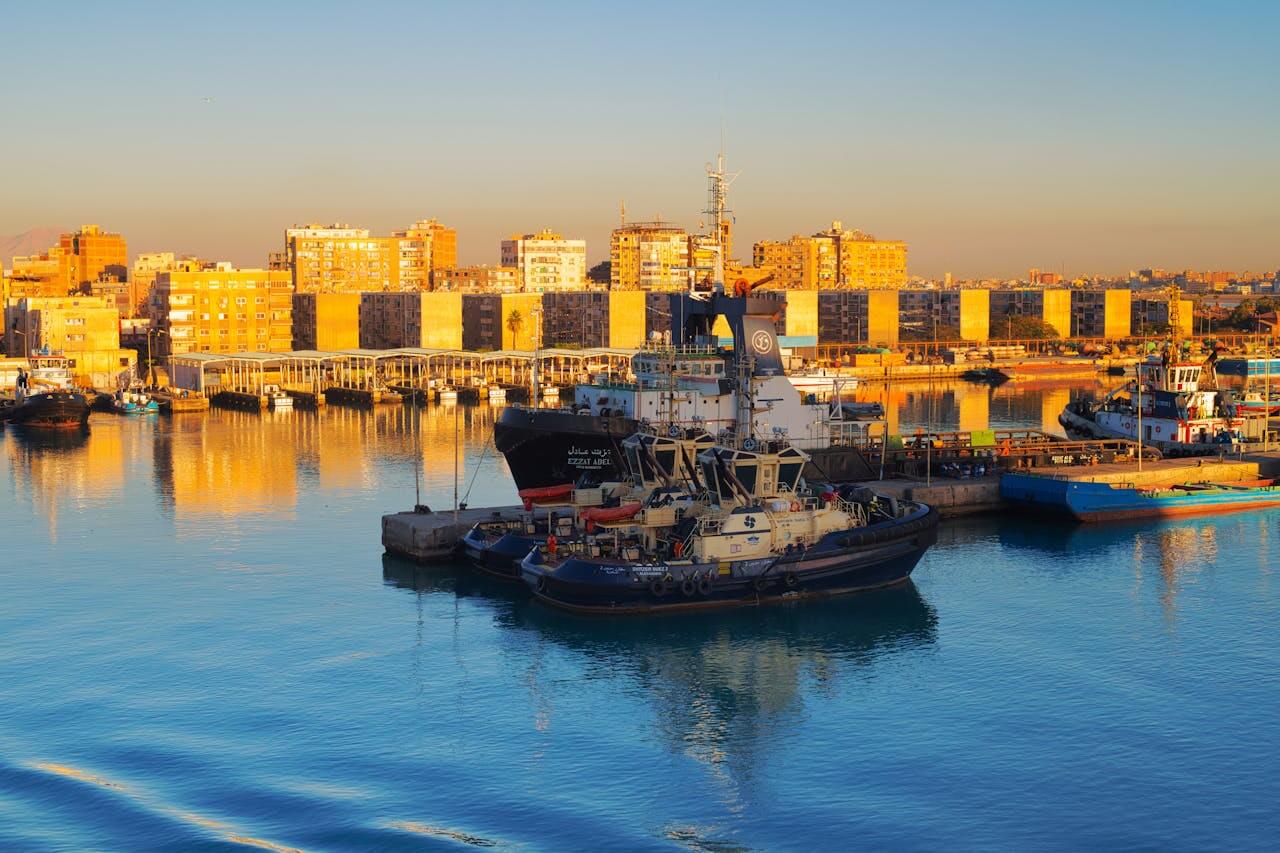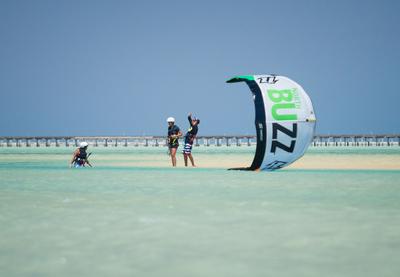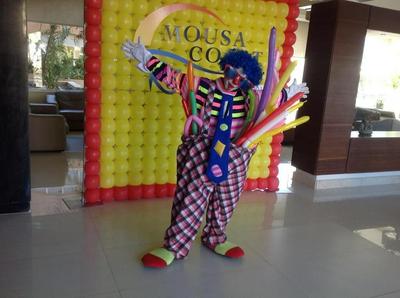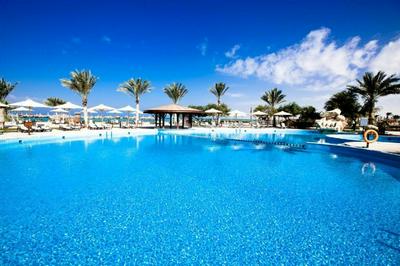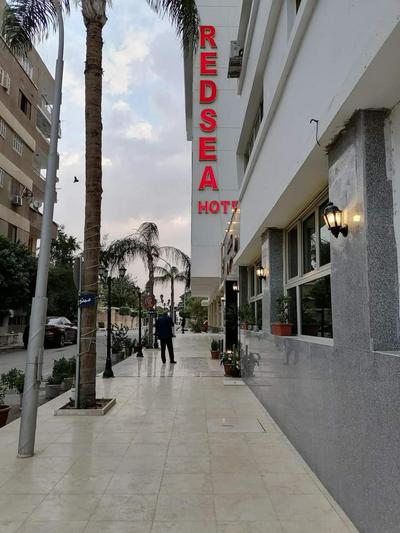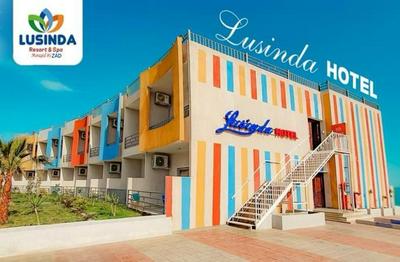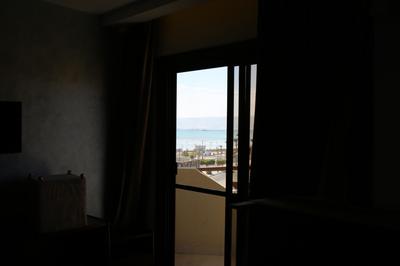When to visit Suez?
Suez, Egypt experiences a hot desert climate, typical of this region, characterized by scorching summers and mild winters. The best time to explore Suez is during the cooler months from October to April, when temperatures are more moderate, ranging from 20°C to 26°C (68°F to 79°F). This is when the city welcomes the bulk of its tourists, making it ideal for outdoor activities and sightseeing.
During the summer months, especially June to August, temperatures can soar above 35°C (95°F), creating a sweltering environment that can be challenging for tourists. However, if you can handle the heat, you can enjoy fewer crowds and often better deals on accommodations. Spring (March to May) offers a wonderful blooming nature scene, making it a cut above for photography enthusiasts.
In winter (December to February), Suez retains a pleasantly cool atmosphere, perfect for those looking to escape harsher climates. The occasional rain can add a unique charm to the city, and many find the weather refreshing. While there may be fewer tourists, the cultural and historical attractions are still very much alive, and you can savor the local culture without the throngs of people.
In summary, plan your visit to Suez during the late fall, winter, or early spring for the best experiences, whether you’re interested in the sprawling historical sites or simply relaxing by the Red Sea.
How to get to Suez?
Suez is conveniently located at the northern end of the Suez Canal, making it easily accessible from several points in Egypt. The closest airport is Cairo International Airport (CAI), about 140 km (87 miles) away. From the airport, you can reach Suez by a combination of private transfers, taxis, or by using long-distance buses that offer comfortable travel options.
There are also intercity buses that regularly run from Cairo and other major cities, with a travel time of approximately two to three hours, depending on traffic. The bus stations in Suez are well-equipped, and you can find various local buses to help you navigate once you arrive.
If you prefer traveling by train, the Egyptian National Railways provides trains from Cairo to Suez. The journey takes around two to three hours, and the train is often a comfortable option for travelers looking to enjoy the scenic routes along the way.
For those planning to drive, Suez is easily accessible via the Cairo-Suez Highway, which connects the two cities directly. You can expect a drive of about two hours under normal traffic conditions. Just be aware of local driving customs and road conditions.
Tourist activities in Suez
Suez offers a variety of activities that cater to diverse interests, making it an intriguing destination for visitors. A major draw is the Suez Canal itself, where you can enjoy guided boat tours and observe the bustling maritime traffic. The Canal’s history and significance add layers to your visit, as knowledgeable guides share fascinating stories and facts.
For those interested in culture, the Suez City Museum provides insights into the history and heritage of the region. Admire the artifacts that tell the story of the city’s role in the canal's history and its impact on global trade.
If you want some fresh air, head to the Corniche, Suez's waterfront promenade. It's a lovely place for a relaxing walk, especially at sunset, where you can catch breathtaking views of the Red Sea. Don’t forget to explore the local shops and cafes that line the promenade for a taste of local life.
For nightlife and social activities, check out local eateries and casual hangouts that offer a mix of Egyptian and international cuisine. The evening atmosphere in Suez is lively, with many people enjoying leisurely meals and conversations.
Whether you're captivated by the maritime marvels, local culture, or simply enjoying the sights, Suez has all the ingredients to enrich your travel experience.
Events and festivals
Suez hosts a variety of annual events and festivals that celebrate the local culture and heritage, capturing the spirit of the city. One of the most notable is the Suez Canal Festival, typically held in September, which commemorates the opening of this crucial waterway. This event features a concatenation of cultural performances, historical exhibitions, and oftentimes, competitions that attract both locals and visitors alike.
Another significant event is the Red Sea Festival, celebrated usually in August. This festival is an explosion of color and music, with dance performances, art exhibitions, and culinary showcases that highlight the region's rich maritime history.
Aside from larger festivals, Suez regularly hosts local fairs and markets that are often held during religious occasions, such as Eid al-Fitr and Eid al-Adha. These events provide opportunities to experience traditional food, music, and crafts firsthand. They usually take place in various public squares and local parks, where families come to celebrate together.
Throughout the year, smaller cultural events and performances can also be found in the city, often organized by local cultural centers, offering visitors a glimpse into Egypt's dynamic artistic scene. Keep an eye on local listings, as dates and events may vary annually.
Family and kids activities
Suez is an accommodating destination for families, offering various activities that engage children of all ages. One of the highlights for family outings is the Al-Ahram Park, a large recreational area that provides ample green space. Kids can enjoy playgrounds, while parents can relax in the shade or have a family picnic.
The Suez Aquarium is another delightful place for families, where children can learn about marine life while getting up close with different species. It’s both entertaining and educational, making it an ideal stop for curious minds.
Additionally, visiting the Suez Canal Authority Museum offers an educational experience where families can delve into the history of the canal, complete with interactive displays that engage younger visitors. This museum is particularly enlightening about engineering and trade, sparking an interest in STEM topics.
For a more relaxed day, families can take a stroll along the Corniche and perhaps grab some ice cream from a nearby vendor, enjoying the fresh sea breeze. Outdoor seating areas in local cafes also serve as a good spot to unwind after a day of activities.
Overall, Suez provides numerous options for families to enjoy quality time together, ensuring that both fun and learning go hand in hand.
What to see in Suez?
Suez is steeped in history and maritime charm, making it rich in attractions worth visiting. Here’s a look at some must-see sites:
- Suez Canal: The lifeblood of international trade, watching ships traverse the canal is a mesmerizing experience.
- Suez City Museum: A treasure trove of artifacts that illuminate the region’s past and its role in global logistics.
- Al-Ahram Park: A serene park ideal for families, featuring walking paths, playgrounds, and beautiful gardens.
- The Corniche: A vibrant promenade along the coast, perfect for leisurely walks and sunset views.
- The Suez Aquarium: Great for families and kids, showcasing diverse marine life and interactive exhibits.
- Old Town: Strolling through Suez’s Old Town gives insights into local architecture and the city’s historical character.
- Church of Saint John the Evangelist: A significant site for its religious and architectural heritage.
Each of these attractions offers a unique glimpse into the life and history of Suez, ensuring visitors leave with unforgettable memories.
Accommodation in Suez
Accommodation options in Suez range from luxury hotels to budget-friendly hostels, catering to different preferences and budgets. The city has several mid-range hotels located close to the Suez Canal, offering modern amenities and stunning views. Examples include the Movenpick Hotel, which is known for its outstanding service and proximity to major attractions.
For budget travelers, several hostels and guesthouses can be found that offer clean and comfortable accommodations without breaking the bank. Places like the Suez Hotel provide an affordable yet pleasant atmosphere for guests.
If you’re looking for a boutique experience, consider smaller hotels or serviced apartments that often feature local décor and personalized services. Staying in the central districts will give you easy access to shopping and dining options.
In terms of neighborhoods, opt for accommodations near the Corniche for picturesque views and a relaxed vibe, or closer to the city center for vibrancy and accessibility. As a general price range, you can expect to pay between 300 EGP to 1,500 EGP per night, depending on your choice from simple lodgings to more upscale experiences.
Important numbers and information
- Emergency Numbers: Police: 122, Fire: 180, Ambulance: 123
- Tourist Information Centers: Suez Tourist Information Center, located near the Corniche.
- Main Hospitals: Suez General Hospital, Al-Ahram Hospital.
- Airport Contacts: Cairo International Airport: +20 2 2265 4900
- Public Transport Information: Local buses cost around 5 EGP per ticket.
- Taxi Apps: Uber and Careem are commonly used in the city.
- Currency: Egyptian Pound (EGP); credit/debit cards are widely accepted but carry some cash for smaller vendors.
Where to eat?
The food scene in Suez is a delightful mix, showcasing local Egyptian cuisine alongside international fare. Traditional dishes such as koshari (a mixture of rice, pasta, and lentils topped with spicy tomato sauce) are widely available at local eateries and street food stalls. Be sure to try freshly grilled seafood, given Suez's coastal location.
For dining, head to the Corniche area, where a variety of restaurants offer picturesque views of the Red Sea. Casual seafood restaurants like Fish Market are highly recommended for their fresh catches, while places like El-Wahy’s serve an array of both local and international dishes.
You’ll find numerous cafes that serve light snacks and drinks perfect for relaxing after a day of sightseeing. A meal in a mid-range restaurant typically costs around 80-200 EGP, while street food options are budget-friendly, falling below 50 EGP per person.
Don’t skip on dessert either! Local sweets such as kunafa (a pastry soaked in syrup) provide a delightful end to any meal.
Nightlife – where to go out?
The nightlife in Suez offers a pleasant variety without being overwhelmingly vibrant. The city’s scene is centered around cafes, bars, and a handful of clubs, typically frequented by locals. One popular spot is the Cappuccino Cafe, known for its cozy atmosphere and great coffee, perfect for evening chats with friends.
If you’re looking for nightclubs, the Spotlight Club caters to those eager to dance, offering live music and themed nights that attract a younger crowd. Another option is the Royal Beach Club, where you can unwind with friends by the sea and enjoy some refreshing drinks.
Besides these venues, the Corniche is a buzz of activity in the evenings, with many locals enjoying laid-back alfresco dining. The local vibe is relaxed, making it easy to engage in conversations while soaking up the balmy air of the night.
You won’t find wild parties, but the intimate settings of Suez’s nightlife create a welcoming environment for a great evening out.
Transport and taxis
Suez features a range of transportation options to navigate easily around the city. Public buses are a popular choice for both locals and tourists, with tickets priced at approximately 5 EGP. It's best to have exact change, as staff may not provide it.
For more personalized travel, taxis are readily available. Traditional taxis operate on a meter, so ensure it's running when you hop in. There are also ride-hailing apps like Uber and Careem, which provide convenience and ease of travel without language barriers.
When it comes to public transport, the bus system is straightforward, but be aware that schedules can be less predictable. Using taxis provides a more flexible option for routes not covered by buses. It’s advisable to negotiate fares or confirm prices before starting your journey in local taxis.
As a safety tip, avoid using a taxi alone at night if you're unfamiliar with the area. Always opt for recognized transport services whenever possible.
Parking and public garages
Parking in Suez can vary depending on the area. Major streets usually have street parking, but it may require vigilance to find an open spot. In central locations, such as the Corniche, designated parking zones are established, often monitored for adherence.
There are few public garages across the city that offer reasonably priced long-term and short-term parking options. Fees typically range from 5 EGP for short stops to about 30 EGP for a full day. It is advisable to use official parking lots when possible for added security.
Drivers should be cautious about local regulations, ensuring to avoid restricted areas as fines may be imposed. Always check signage and ask locals if unsure about parking rules.
Surroundings of Suez?
Exploring the surroundings of Suez can reveal some fascinating day trip opportunities. One popular destination is the Red Sea resort town of Ain Sokhna, located about 50 km (31 miles) to the east. This coastal paradise is perfect for beach lovers, offering sunbathing, watersports, and stunning coral reefs.
Another attractive option is the picturesque town of Port Said, around 120 km (75 miles) north of Suez. Known for its Mediterranean charm, you'll find beautiful architecture, museums, and pleasant promenades along the waterfront.
The ancient ruins of the Pharaohs can attract history buffs, with numerous archaeological sites accessible within a few hours' drive from Suez. Notably, visiting the Pyramids of Giza or the Sphinx can be arranged for a remarkable adventure.
Nature enthusiasts may want to consider a trip to the nearby Wadi Degla Protected Area, offering hiking trails and stunning landscapes, perfect for those wanting to escape the urban environment.
No matter which destination you choose, the areas surrounding Suez provide enriching experiences that showcase Egypt’s diverse culture and breathtaking natural beauty.
